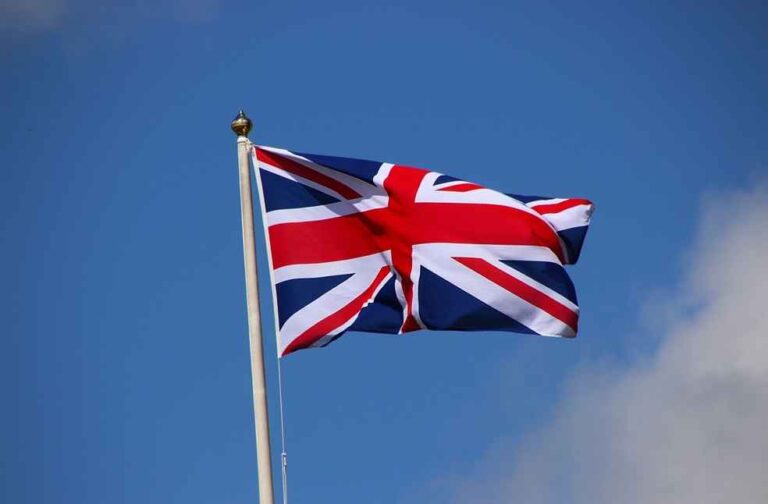United Kingdom: Official numbers indicate that the UK economy is no longer in recession. According to the Office for National Statistics (ONS), the gross domestic product (GDP) increased by 0.6 percent between January and March, which was higher than anticipated.
The statistic was expected to be 0.4 percent by economists. The economy had “turned a corner,” according to Prime Minister Rishi Sunak, who also stated, “We know things are still tough for many people, but the plan is working, and we must stick to it.”
February saw the declaration of a recession, which is defined as two consecutive three-month periods during which the economy declines.

It happened when the ONS reported that the GDP, a key indicator of economic growth, decreased by 0.3 percent from October to December. It came after a 0.1 percent contraction in the three months spanning July through September.
Reduced consumer purchasing power in the face of high inflation and energy costs was cited as the cause of the decline. Commentators noted that months of rainy weather also played a role in keeping shoppers indoors.
Additionally, the most recent data showed stronger-than-anticipated growth in March. The month-over-month increase in GDP was 0.4 percent, above the 0.1 percent expert prediction.
The ONS also increased the GDP growth estimate for February from 0.1 percent to 0.2 percent.

Previous recessions, such the ones that occurred during the global financial crises of 2008 and 2009, have been known to last a long time, but this most recent one was predicted to be brief.
The most recent data follows the Bank of England’s announcement on Thursday of revised economic projections for the UK and its decision to keep interest rates at 5.25 percent.
The Bank predicted higher growth this year, with lower-than-expected rates of inflation and unemployment.



